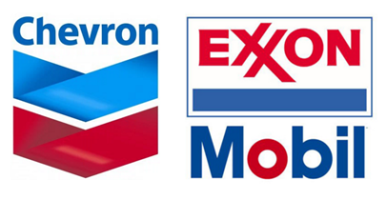Chevron Nigeria Limited, the operator of the joint venture between the Nigerian National Petroleum Company Limited(NNPC), has reiterated its commitment to continue to work with the Nigerian government towards the development of the oil and gas industry and the Nigerian economy generally.
The oil major also denied that CNL is one of the partners hindering full operation of the Nigeria Liquefied Natural Gas(NLNG) by not allowing the transportation of third-party gas through its pipelines to increase gas supply to the plant. “CNL wishes to clarify that the statement must have been made in error as CNL is not one of the NLNG partners and is not part of the NLNG gas supplier system,” said the general manager, Policy, Government and Public Affairs of Chevron, Esimaje Brikinn.
Recall that the federal government recently appealed to oil majors to help cushion gas supply limitations to NLNG, which has, in turn, limited the production capacity of the company.
This is because NLNG partners mainly consisting of major oil companies have refused to allow transportation of third-party gas through their joint pipelines to increase gas supply to the plant.
The minister of state, Petroleum Resources, Timipre Sylva, had on Monday, in Abuja while having an audience with the new Italian Ambassador to Nigeria, Mr Sefano De Leo, appealed that, the oil majors open access to allow more gas to the company.
He’d said the NLNG was operating at full capacity following the refusal of the joint partners Shell, Chevron, NNPC and others, to allow third parties to transport gas through their pipelines to the NLNG Trains.
This has been causing the company’s inability to meet both domestic and international gas obligations.
Sylva had said the NLNG is at present only able to produce at about 70 per cent of installed capacity.
Sylva had also said if the NLNG partners relaxed their rules and allowed the third parties to supply gas to the NLNG, the company would be able to provide gas to help ease European Union’s gas crisis.
“The issue we have with the existing NLNG Trains is that of insufficient gas supply. The partners are running out of gas and they are refusing the third parties to supply gas to the Trains.
“The partners are insisting that they can only allow third-party supply gas to the plant only if they agree to supply at subsidised rates.
“These people, of course, want to make money and they cannot supply at subsidised rates and that’s why the NLNG Trains cannot produce at full capacity. The partners can afford to supply at subsidised rates because they are partners in the NLNG project, not the third parties.




